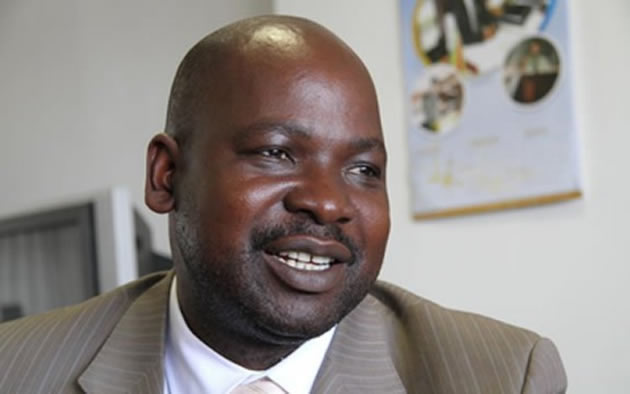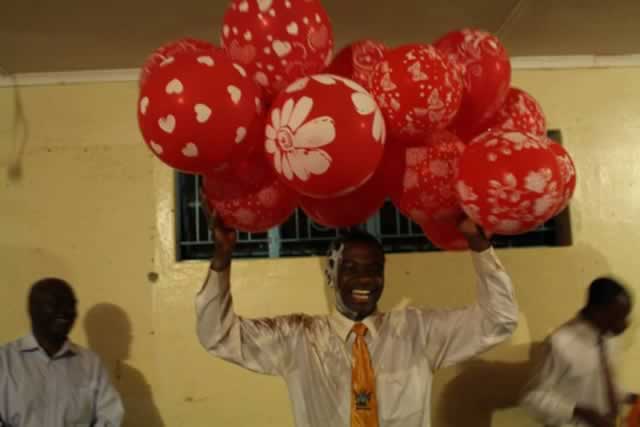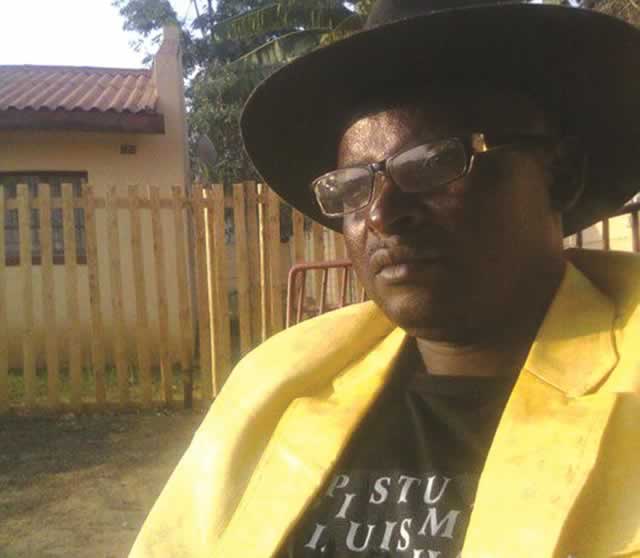Tomana’s application devoid of merit: Concourt

Fidelis Munyoro Chief Court Reporter
The Constitutional Court has released reasons for its judgment made last year dismissing Prosecutor-General Johannes Tomana’s application to set aside a Supreme Court ruling ordering him to issue a certificate of private prosecution against Telecel Zimbabwe (Private) Limited shareholder Ms Jane Mutasa.
This followed the case in which Tomana was sentenced to a 30-day suspended imprisonment term by the same court on Wednesday for defying two court orders to issue certificates of private prosecution against Bikita West legislator Dr Munyaradzi Kereke and Ms Mutasa.
In the reasons released on Thursday for the Telecel judgment made last year by Justice Elizabeth Gwaunza, the court found out that Tomana failed to demonstrate a constitutional basis for approaching the Constitutional Court.
Justice Gwaunza said Tomana had no basis to challenge the Supreme Court ruling ordering him to issue Telecel with a certificate of private prosecution against Ms Mutasa on charges of fraud involving more than $1,7 million in airtime recharge vouchers.
The Constitutional Court in October last year threw out Tomana’s bid to block the prosecution of Ms Mutasa, without giving reasons for the ruling.
In that case, Tomana was represented by Mr Alex Mambosasa who was taken to task by the full bench of the Constitutional Court to explain the basis upon which the application had been brought to the highest court.
Mr Mambosasa, who clearly showed that he had missed the “legal bus” when he appeared before the nine-member panel of judges, reclined to making concessions to evade the thunder from the inquisitive bench.
The court wished to hear from Tomana whether he had established a basis for approaching the Constitutional Court with the application which the court or his lawyer could not understand if it was an appeal or application.
In her judgment, Justice Gwaunza ruled that while Tomana did not specifically state in his application, in reality he was appealing against the Supreme Court decision under the guise of an application.
“This is abundantly evident from the relief that is outlined in his draft order,” said Justice Gwaunza. “It is even more evident from his summary of background to the intended application.”
Tomana had in his appeals, indicated that he wished to approach the court for an order setting aside the Supreme Court judgment on the basis that it interfered with the independence of his office and as such it was ultra-vires provisions of section 260 of the Constitution of Zimbabwe.
To this end, Justice Gwaunza said such issues did not meet the requirement for inclusion into matters over which the Constitutional Court had jurisdiction.
“. . . upon a proper interpretation of the relevant provisions alluded to in this context, the judgment of the Supreme Court on these matters, which the applicant sought to have reversed, was final and definitive,” she said.
“It is a decision that may not be interfered with by this court. Thus, in as much as the application failed to meet the test for direct approach to this court, it meets the same fate in relation to any notion (expressed or implied) of an appeal against the decision of the Supreme Court.”
Tomana sought to bring his application in terms of Section 167(1) (a) and Section 176 of the Constitution of Zimbabwe.
Justice Gwaunza ruled that Tomana’s attempt to file his application in terms of these sections was based on the misapprehension of the meaning and effect of Section 167(1) of the Constitution.
She said the only way Tomana could have validly brought an application directly to the Constitutional Court would have been in terms of section 85(1).
“The applicant’s papers, therefore, did not demonstrate a constitutional basis for the direct approach that he sought to adopt in bringing the application before this court,” she said. “To that extent, the concession made for him that the application had no leg to stand on was validly made.”
Mutasa was arrested in 2010 along with the company’s commercial director, Naguib Omar, for allegedly stealing airtime vouchers worth over $1,7 million.
Mr Mambosasa had argued that Tomana declined to issue the certificate of private prosecution because investigations had established that no offence had been committed.
He argued that the decision of the Supreme Court infringed upon provisions of the Constitution of Zimbabwe in that it sought to interfere with Tomana’s constitutional function to decline to issue a certificate in a case where facts of the matter did not point to the commission of an offence.
But Telecel, which was being represented by Advocate Richard Fitches, instructed by Mr Isaiah Mureriwa of Scanlen and Holderness, argued that Tomana only had a constitutional right of independence insofar as determining whether or not to prosecute at public instance was concerned.
Where he cannot prosecute, Telecel argued, the Prosecutor-General should issue a certificate for private prosecution once approached by any person who has a substantial interest in the case and has evidence that a crime was committed.







Comments